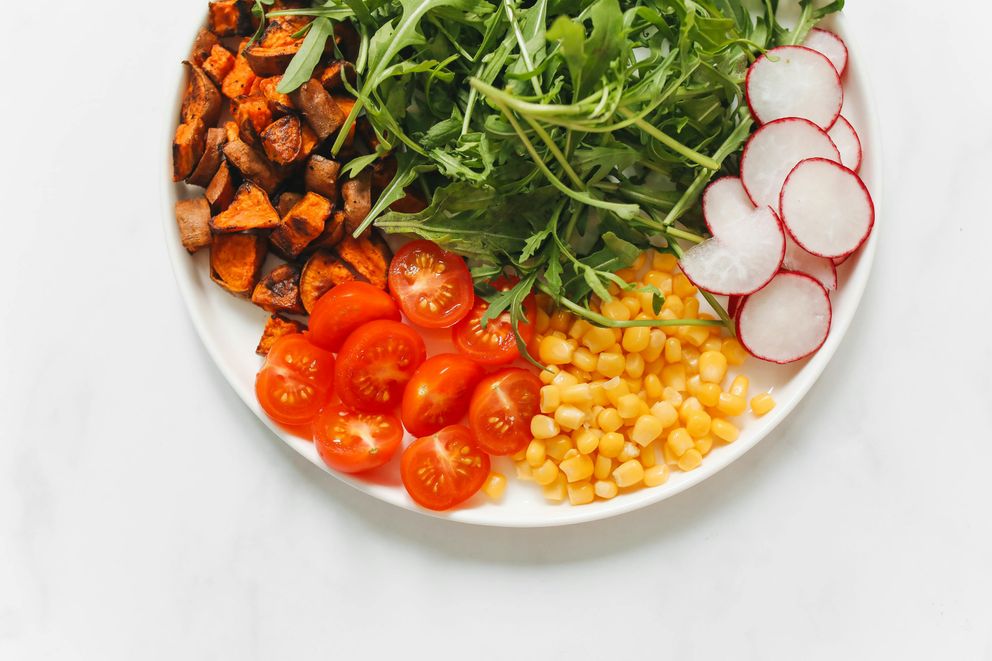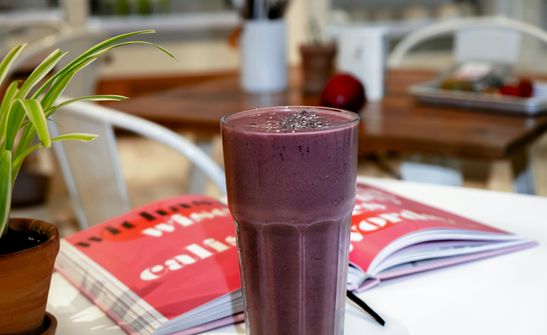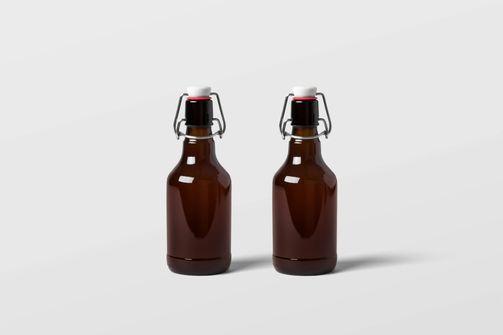
Why Electrolytes Are Essential for Active Women: A Guide to Natural Replenishment
When it comes to staying hydrated, electrolytes are the unsung heroes that keep your body balanced and energized, especially for active women. Whether...

Let’s dive into the world of nutrition, focusing on what women really need to stay healthy. Think of it as a puzzle where each piece is crucial, and those pieces are the six essential nutrients: proteins, carbs, fats, vitamins, minerals, and water. Each one has a special job, from fixing up your muscles to keeping you energized and hydrated.
Understanding these basics is your first step in navigating the unique nutritional journey women go through.
For women, what you need nutrition-wise changes with life’s chapters. Iron is a biggie—it helps make the red blood cells that carry oxygen around your body. Since women lose iron every month, getting about 18 mg a day from foods like meats and leafy greens is key.
Then there’s folic acid, super important for ladies thinking about having babies, with a daily target of 400-600 mcg to keep babies healthy right from the start, found in veggies and fruits.
When menopause hits, the game changes a bit. Your body starts to need more calcium and vitamin D to keep bones strong, aiming for 1200 mg of calcium and 600 IU of vitamin D daily. You can get these from dairy or the sun, but sometimes supplements are a good backup plan. And foods with phytoestrogens, like soy, might just make those menopause symptoms a bit easier to handle.
Vitamin B12 and C can’t be ignored either. B12 is all about keeping your nerves and blood cells happy, with a goal of 2.4 mcg a day. It’s mostly in animal products, so some might need a supplement.
Vitamin C is your immune system’s best friend and helps your body grab onto iron, so aim for 75 mg daily from yummy fruits and veggies.
Understanding the difference between essential and non-essential nutrients adds another layer to managing your health. Your body demands essential nutrients from your diet because it can’t produce them on its own. These include the six pillars: proteins, fats, carbohydrates, vitamins, minerals, and water. Each plays a non-negotiable role in your overall health, from energy production to immune defense and beyond.
On the flip side, non-essential nutrients are those your body can produce itself, like certain amino acids and some fatty acids. However, just because your body can make them doesn’t mean they’re not important. These nutrients still play vital roles in maintaining health, supporting everything from mood regulation to muscle repair.
Moreover, conditional nutrients, which might become essential under specific health conditions or life stages, highlight the body’s dynamic needs. Recognizing the value of both essential and non-essential nutrients ensures a well-rounded approach to nutrition that supports all aspects of your health.
Life’s busy, and sometimes our diets don’t keep up. That’s where supplements can step in to fill the gaps. Magnesium, for instance, is a must for muscle and nerve function but often missing from our meals. A little extra from a supplement (about 310-320 mg for women) can go a long way.
And don’t forget about probiotics for gut health, easily boosted with supplements or fermented foods.
Embarking on this journey of understanding what nutrients women need, and when they might need a little extra help from supplements, sets the stage for a healthier life. It’s all about making informed choices, mixing a diet rich in essential nutrients with the right supplements to tackle the nutritional challenges at every stage of life. Here’s to staying informed and healthy!

When it comes to staying hydrated, electrolytes are the unsung heroes that keep your body balanced and energized, especially for active women. Whether...

Throughout history, cultures across the globe have embraced the healing power of beverages made from herbs, spices, and natural ingredients to promote...

Smoothies are a great way to fuel your body with essential nutrients, but adding adaptogenic herbs can take your wellness routine to the next level. A...

Herbal teas have been cherished for centuries as natural remedies for promoting overall health and well-being. For women, in particular, herbal teas c...

Fermented beverages like kombucha, kefir, and other probiotic-rich drinks are gaining popularity due to their powerful effects on gut health. These dr...